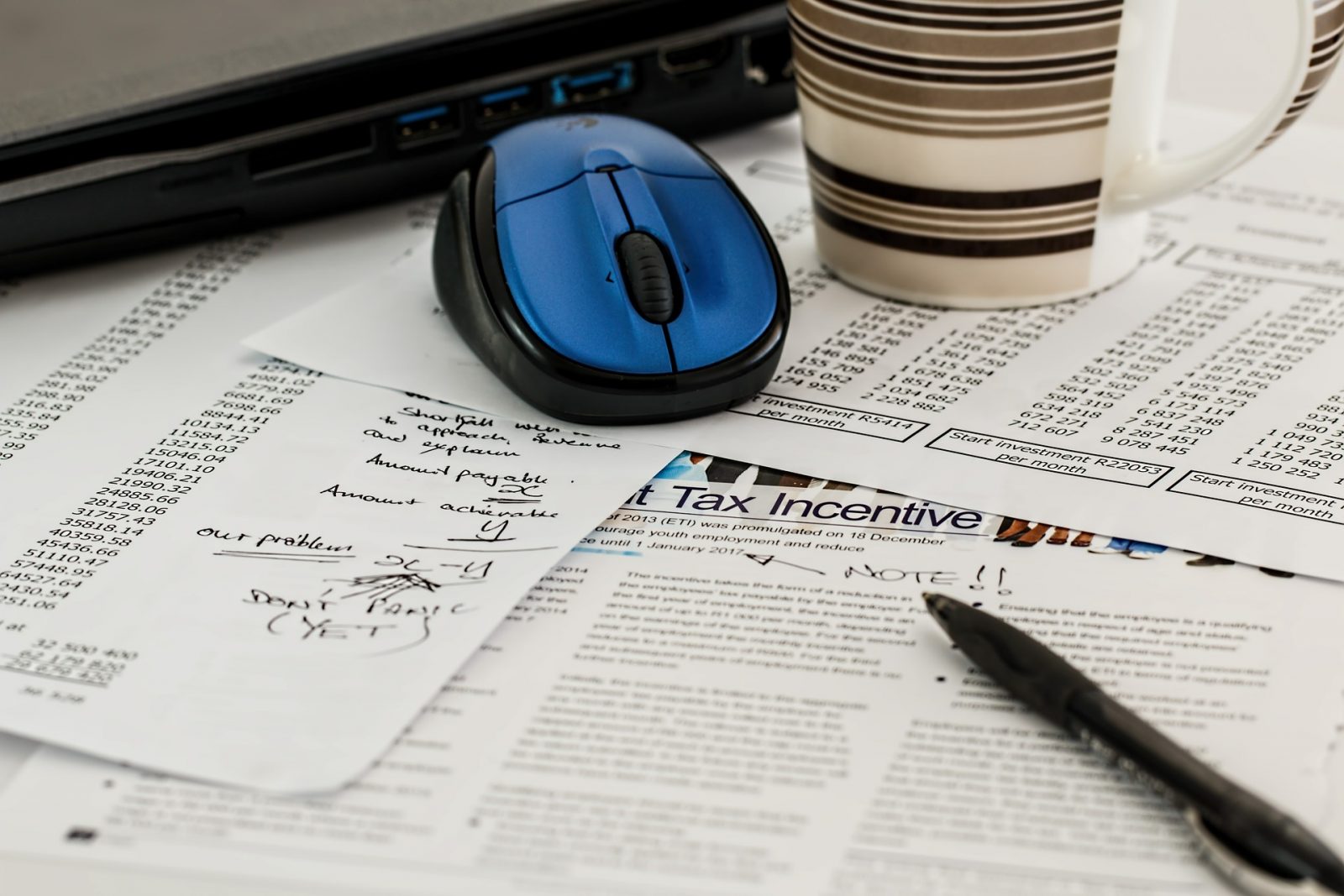Following a year’s delay the reverse charge VAT scheme is due to take effect on 1 March 2021. However, the construction industry has once again come together to call for the measures to be scrapped in a letter to Rishi Sunak, calling it “a matter of urgency”.
Currently, anyone who undertakes construction work must invoice for the money due to them and they must charge VAT on this, unless the work has an exception, such as building a new house or renovating an empty house, The DIY Housebuilders Scheme allows self builders to reclaim VAT from HMRC that they have paid out as long as they are:
- building a new house
- converting a building into a new dwelling
- bringing an existing dwelling back in to use that has not been lived in for 10 years.
Reverse charge VAT
As set out, from March 2021, the VAT reverse charge will come into effect. From this point anyone in the construction chain will no longer bill VAT on their supplies (unless they have contracted with the end consumer and user of the structure being built).
Builders need to be ready to deal with the change, with both accounting systems and practical processes in place to meet the changes. Without the VAT flowing through companies, the Federation of Master Builders also warns that companies need to prepare for a 17% reduction in cash flow. Check out its guide to reverse charge VAT.
One year delay
The plans have already been put back one year, but the combined effect of Brexit and the pandemic have had serious implications for practice in the construction arena.
However, despite the delay, HMRC remained committed to the introduction, and has put in place a robust compliance strategy to tackle fraud associated with VAT and construction.
Read the original story about the implications of the Reverse Charge
Credit: Steve Buissinne from Pixabay



